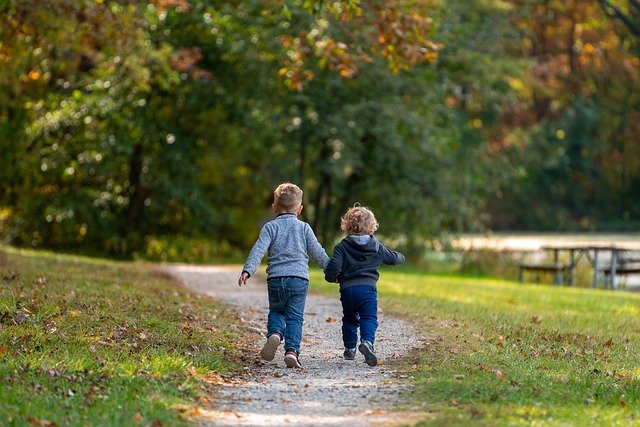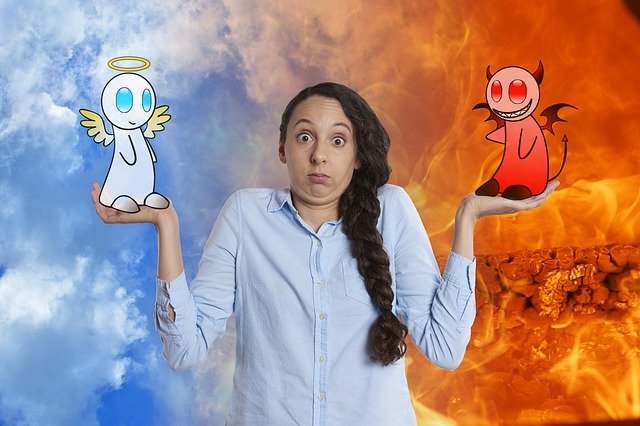Free play is something we have endorsed before,. That is – in part – because it is critical to future happiness, emotional development, creativity, social skills, political savvy, curiosity, and self-control. The science is pretty clear on this. Yet it is rare to see children engaged in free play. On the rare occasions where a cluster of children is spotted it tends to be under the supervision of a group leader at one of any number of structured activities. While those activities may be useful in terms of filling in free time, too many of them are detrimental to child development. The outcomes since the early 1980s where the trend toward extracurricular overload began are sad. Increased anxiety and depression are but two of the negative long-term effects. And because of the length and depth of the trend, we are now in an age where many parents never had the chance to enjoy the benefits of free play. We will make an argument for why – even if you didn’t get to experience the joys and learnings that free play brings – you should ensure that your child does.
– Free play allows children to find out what interest them and stirs their passions. Rather than being driven by the anticipated praise of group leaders, children find intrinsic rewards in free play and that feeds interests. Rather than being obligated to “finish what they started” and thus honor their (parent’s) commitments, children choose things they enjoy and develop skills as they dig deeper into their own self-guided activities.
– Social skills – particularly conflict resolution – require social situations. Organized activities place the responsibility for problem resolution on the shoulders of the group leader and children never see the outcomes of their own attempts to resolve issues. As long as parents aren’t hovering and waiting to solve any issues that arise, free play completely negates this issue. Just as being an adult who lives in a group requires compromise, so too does playing freely in a group of children.
– Children learn to better control and own their emotions and actions. This follows from the social skills required to happily exist within a group and may be the most critical skill. Depression and anxiety are linked to loss of control over one’s life and emotions. Free play challenges children to explore their limits of comfort and to handle the emotions that brings in the context of the group and the self.
– Rules in free play are emergent and welcomed. Children (and adults) who spend a great deal of time in free play understand the value of others and the rules that protect the group. Rather than breaking rules just to break them, children seek to understand rules, how and why they function, and who they might benefit. If a rule isn’t working, the approach is to alter and improve it rather than throw the whole system out.
– Free play is pure joy. While anecdotal, I can honestly say I never had a bad day with my friends as a child. We were outside engaged in free play nearly all the time. During the summer I left the house at 9am and only returned for lunch (sometimes) and when the Moms in the neighborhood started ringing dinner bells (that was a thing in the 70s). It wasn’t that every moment was great. Like every social situation there was plenty of conflict. But the benefits of the day as a whole always overrode the negatives of a few minute of conflict. There is no recapturing that as an adult – but I know how to pull some joyous moments out of even the most mundane tasks because of my childhood free play.
While there are of course benefits to extracurricular activities, they should be moderated and – optimally – chosen by the child themself based on interests and skills they have developed via free play. Free play now makes up a very tiny portion of most children’s lives. Take away screen time such as video games, which we would suggest is not free play at all, but rather disengagement from reality, and you are left with almost nothing in terms of beneficial, unstructured play. We ensure at Greystone House that the children have plenty of opportunities to enjoy the benefits. Try to find time for free time at home as well. Your children will thank you.





